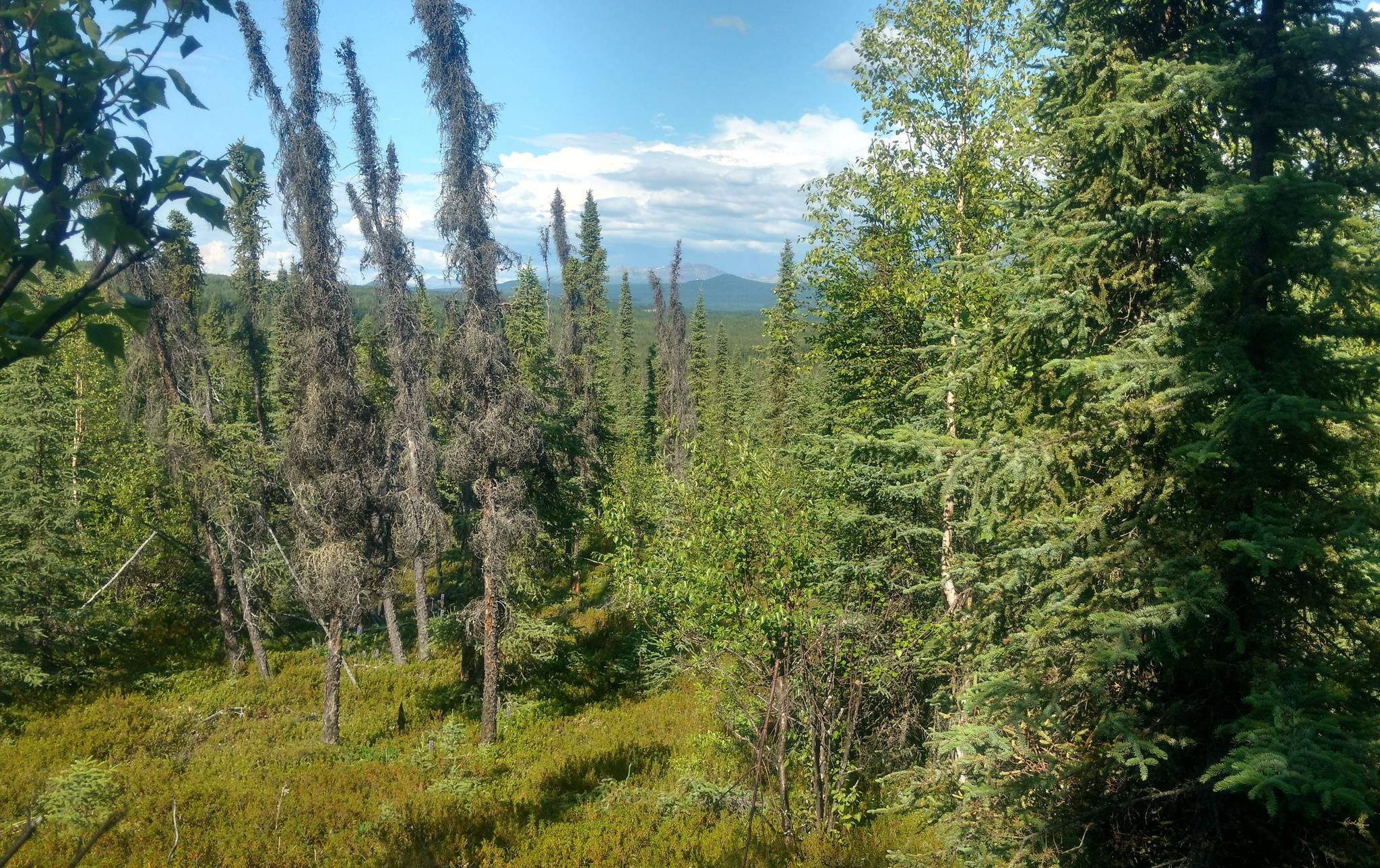The Nature Conservancy has gifted the Kenai National Wildlife Refuge 293 acres of natural habitat land for salmon.
The land comprises an area around the Killey River, which is known as the source for more than half of the Kenai River’s early-run salmon, according to a press release from The Nature Conservancy and U.S. Fish and Wildlife Services.
Before deciding to donate, The Nature Conservancy had been working with willing sellers over the last few years, in hopes of conserving the land and waters serving bears and salmon in that area.
“We’re proud to donate these lands to the people of the United States, the people of Alaska, and the Kenai National Wildlife Refuge for long-term management to benefit Alaska and its outdoor traditions,” Steve Cohn, state director for The Nature Conservancy in Alaska, said in the release.
The 293 acres will now fall under the management of the Kenai National Wildlife Refuge. Established by President Franklin D. Roosevelt, the 1.92 million-acre refuge is the only national wildlife refuge in Southcentral Alaska.
Mostly spruce and birch forest, the undeveloped Killey River lands is a wildlife corridor for brown bears and a nursery for salmon, the press release said.
“Early-run Chinook salmon swim to the Killey River to spawn in June and July,” the release said. “Coho and pink salmon also spawn in the Killey River and its tributaries.”
The donated parcel was also affected by the 2014 Funny River Fire.
The donation will help the management of the Kenai National Wildlife Refuge to help conserve the Killey River land area.
“This land donation for inclusion into the refuge will help conserve the Killey River’s critically important spawning and rearing habitat for Kenai River early-run Chinook salmon and other valued fishery resources,” Andy Loranger, Kenai National Wildlife Refuge manager, said in the release. “It will also help protect an important riparian corridor, which enables wildlife to move between the Kenai and Killey rivers.”
The Nature Conservancy, a worldwide conservation organization working to protect ecologically important lands and waters, has been a partner to the U.S. Fish and Wildlife Service for many years.

